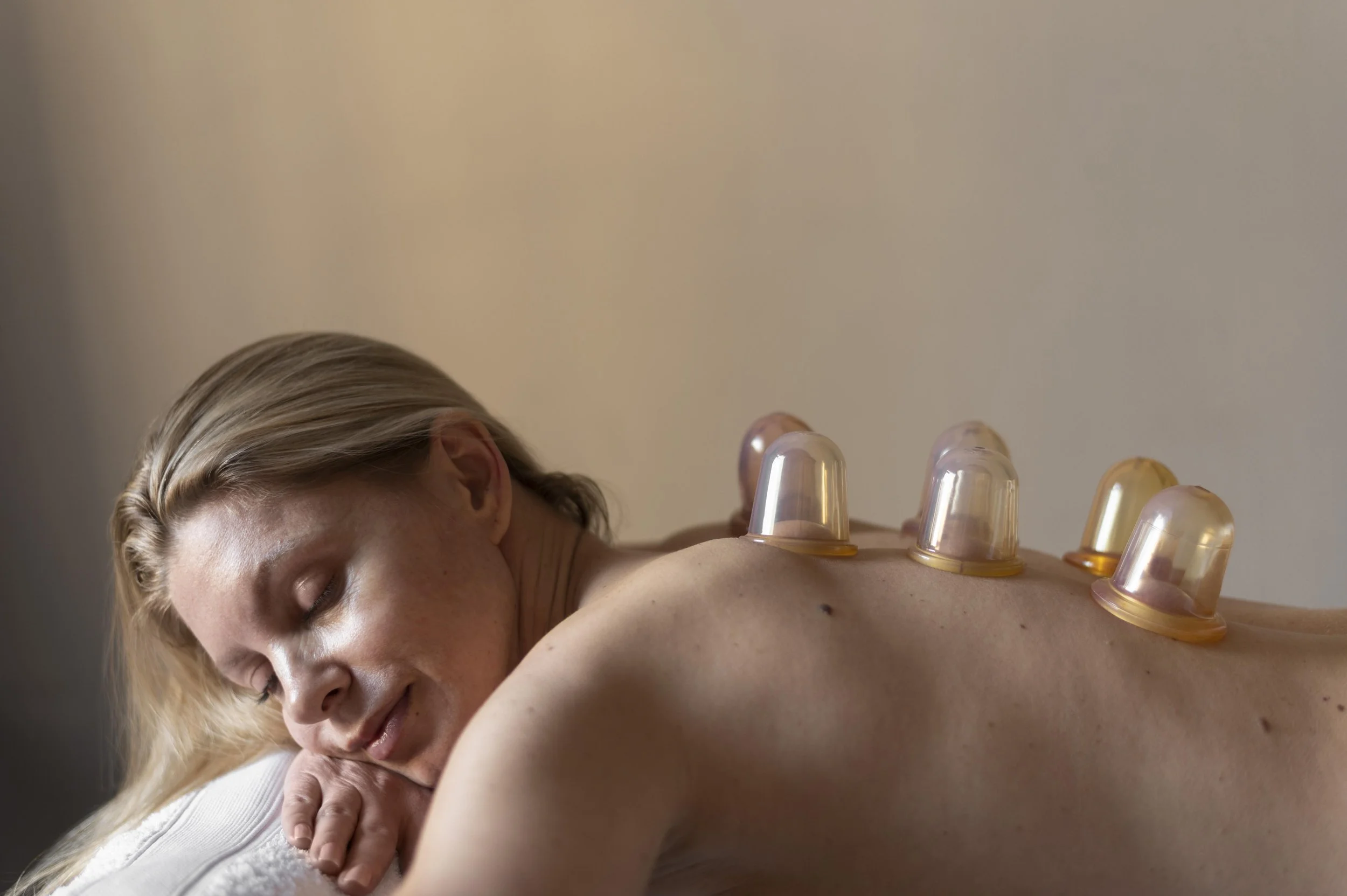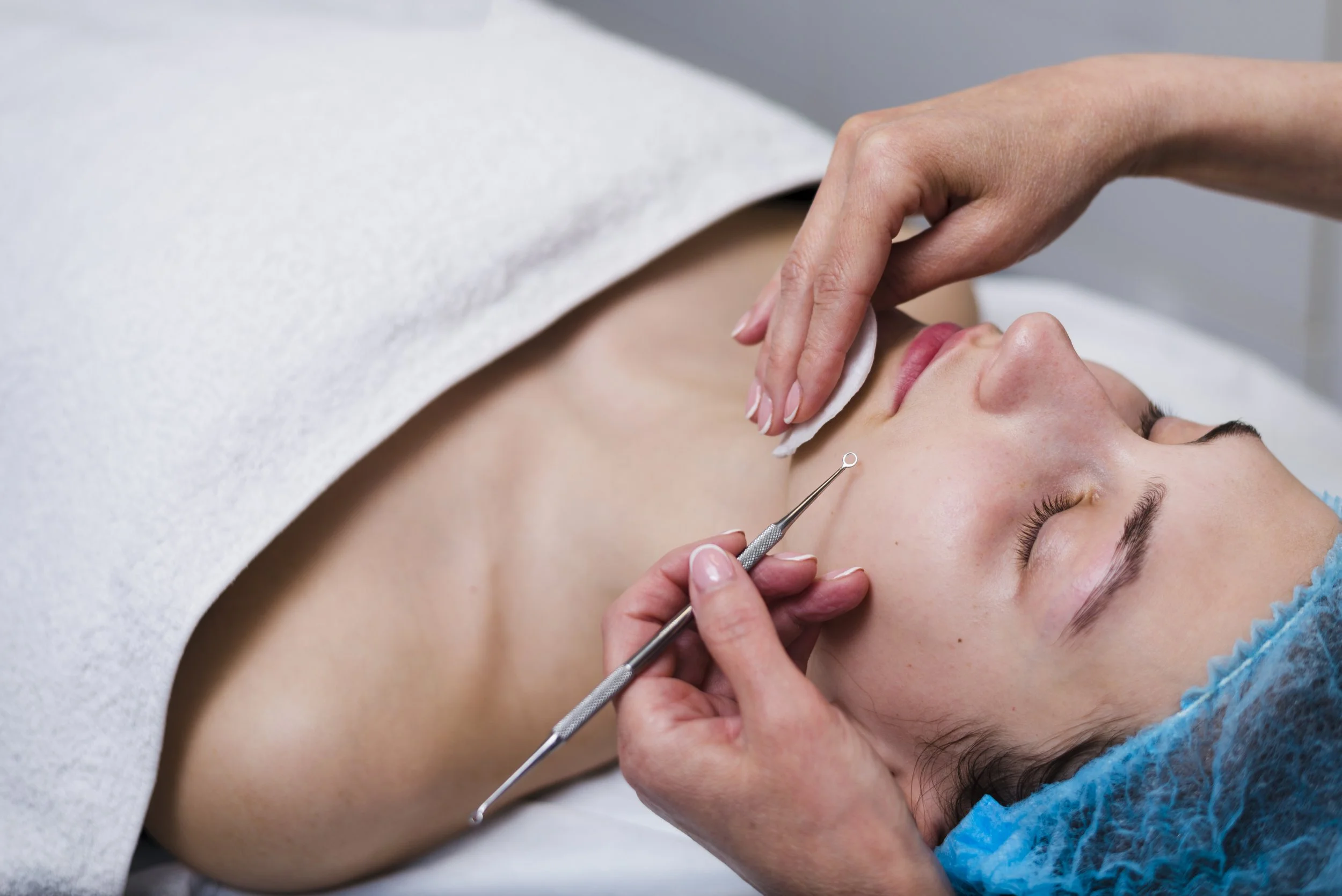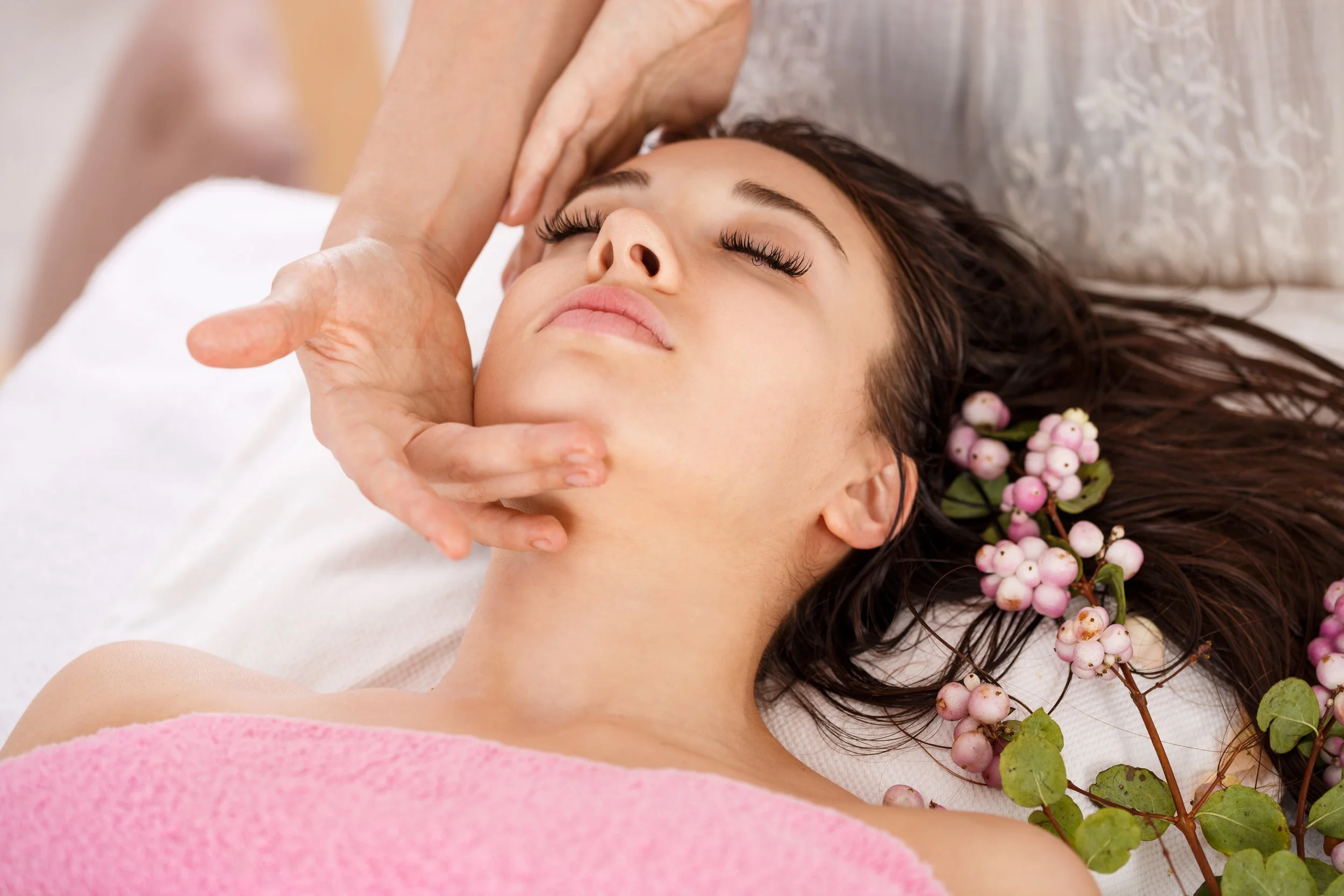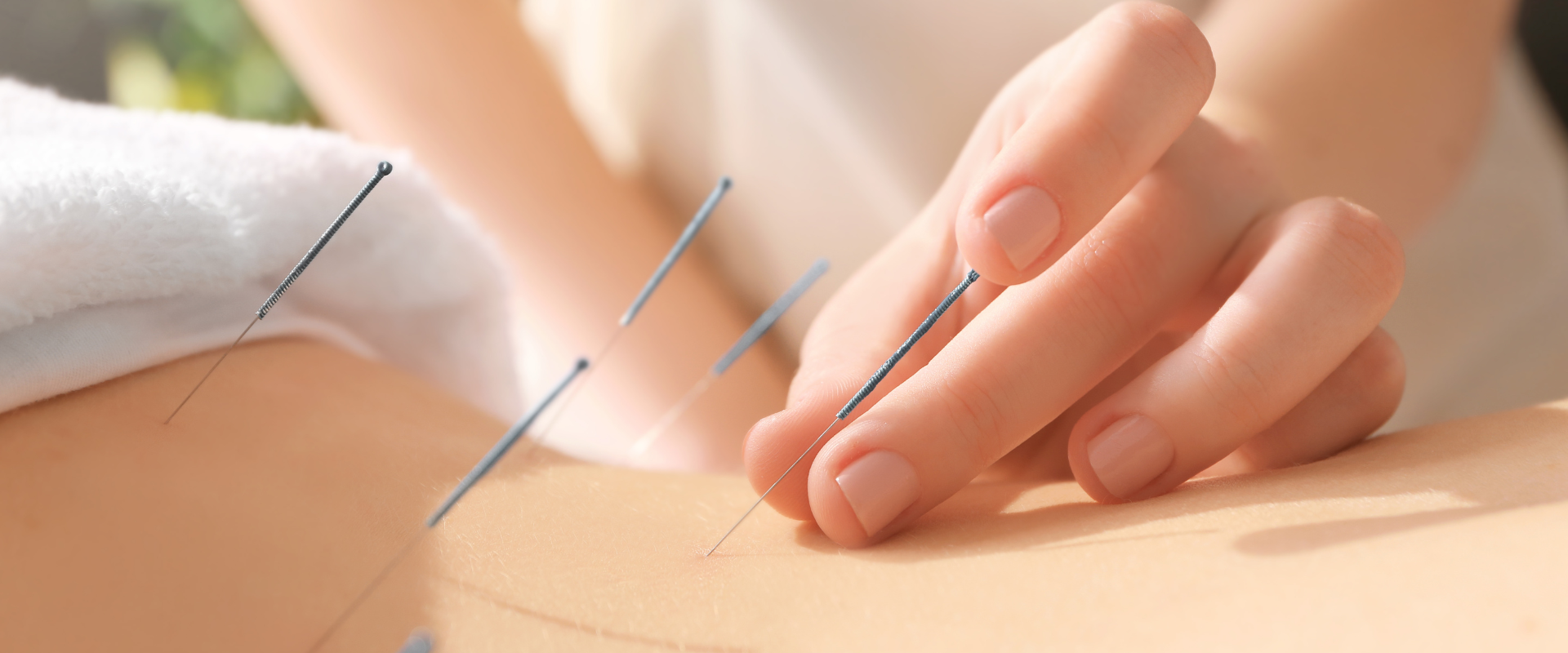
Frequently Asked Questions
Helpful information to guide you through our process, treatments, and expectations.
Clear answers to the most common questions
about our treatments and services.
Does acupuncture only treat pain?
No, acupuncture can treat a wide range of conditions click here to see some examples of what it can be used for.
Is Acupuncture painful?
No, acupuncture isn’t painful. Many patients feel very relaxed and may even nap during their sessions.
Can acupuncture treat my pain?
Yes, acupuncture is indeed very effective at treating both acute and chronic pain conditions. Many individuals have experienced significant relief through this holistic approach.
How long should it take for me to start feeling better?
Everyone’s condition is different and responds differently to treatments. Whereas someone can expect results in as little as a few treatments, others require more treatments to achieve results.
How long does it take to see results with Cosmetic Facial Acupuncture, and how long do the results Last?
Patients notice results after a few treatments. For the best result,s 10-12 sessions is necessary with results lasting 3-5 years with maintenance treatments.
How often should I be receiving treatments and for how long?
For acupuncture to work best, patients should have regular treatments as recommended by the acupuncturist during their assessment.
Is acupuncture safe?
Yes, when done by a certified/licensed healthcare provider.
Is there any side effects associated by acupuncture?
No, but rarely you may feel an emotional release, lightheadedness, and bruising. All of which are temporary. These sensations can occur as your body adjusts to the treatment and begins to facilitate healing. It is important to listen to your body and communicate any concerns with your practitioner during your sessions.
Do You accept health insurance?
We accept most major medical health insurance, provided that you have acupuncture benefits included in your plan. Some insurances that cover acupuncture are The Empire Plan/NYSHIP, United Healthcare, Aetna, Anthem, Empire BlueCross BlueShield, and 1199SEIU. Please give us a call to verify your insurance for free.
Do You Accept Medicare and/or Medicaid?
No, we do not accept any form of medicaid or medicare unless your insurance has a specify policy and would require verification.
What kind of needles are used for treatment?
We utilize sterile, disposable stainless steel acupuncture needles to ensure the highest standards of safety and hygiene during each treatment session.
What can i expect during my initial visit?
During your first visit, I will carefully ask you a series of detailed questions, as well as examine your tongue and assess your pulse. This comprehensive approach will allow me to view what's going on with your body as a whole and to gain a better understanding of what may be ailing you.
Why do you look at my tongue and take my pulse?
The tongue and the pulse are a representation of your internal organs. It allows me to better understand what is going on in your body.
Does acupuncture involve only needles?
Technically acupuncture only involves needling, but we also use other adjunct modality to help heal the body such as moxibustion, cupping, and tui na.
What is moxibustion?
Moxibustion also known as moxa, is a form of heat therapy utilizing a dried plant burning it on or over the surface of the skin. It is a safe modality we use burn cream on top of the skin to prevent burns.
What is cupping?
There are two forms of cupping, fire cupping and suction cupping. Generally they work the same way, pulling on the skin drawing blood up to the surface. Fire cupping utilizes actual fire to be able to do this while suction cupping uses a mechanical pump method.
How Does Acupuncture Work?
As you may already know, acupuncture is the ancient and time-honored practice of inserting very fine needles into carefully selected areas of the body to aid and enhance the body's natural healing processes, thereby significantly accelerating recovery and promoting overall well-being. The traditional understanding of this therapeutic procedure is deeply rooted in the philosophy of Qi, which refers to the vital life energy that flows within the body, emphasizing the importance of achieving and maintaining a delicate balance in one’s being. This philosophy bears a notable similarity to the concepts embraced by Western medicine, particularly the ideal of sustaining homeostasis within the body. From the perspective of Western medicine, the concept of "Qi" can be interpreted as the intricate energy and physiological responses that flow through the body’s complex nervous system. This vital function is responsible for regulating everything from hormone release to pain responses, feelings of pleasure, healing processes, and a myriad of other essential functions. Acupuncture specifically targets these precise nerve clusters, which can play a crucial role in helping the body’s self-regulating mechanisms reactivate and restore equilibrium. Essentially, the treatment actively stimulates nerve tissues and connective tissues that can help rebalance specific systems within the body. This process aids with pain relief, the reduction of any unnecessary inflammation throughout the body, and promotes your body’s own inherent response to relax and heal itself.
What Conditions Can Acupuncture Help?
Depending on the specific medical treatments you have already received and your current health condition, acupuncture has been documented to aid in the healing process and relieve symptoms associated with a diverse range of ailments. This ancient practice can act as a valuable additional supporting therapy for your existing treatment plan, and it can also be utilized individually based on your unique needs and specific health concerns. This flexibility makes acupuncture a versatile option in promoting overall well-being.




